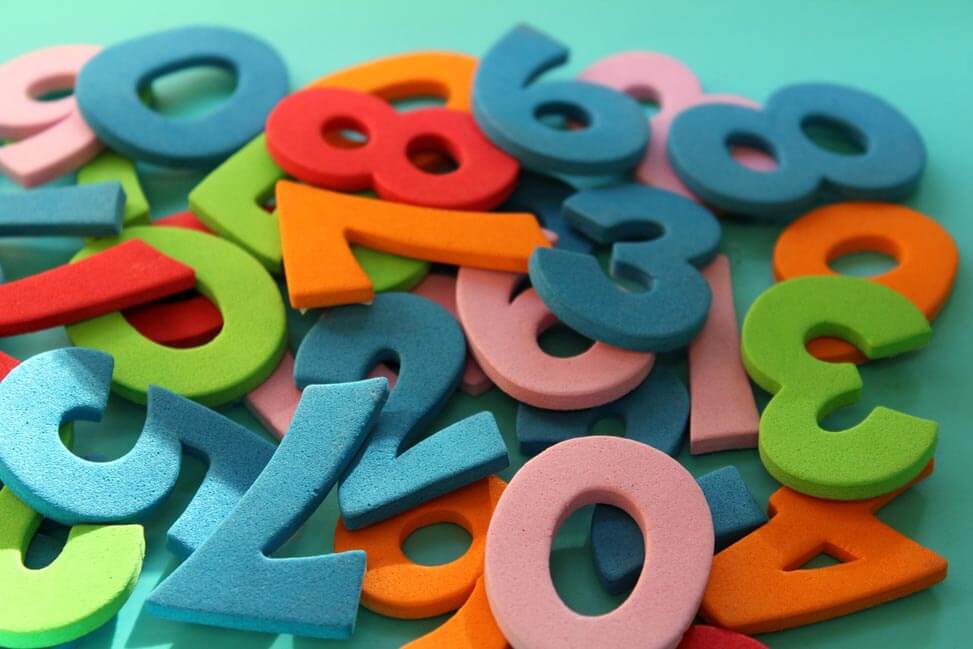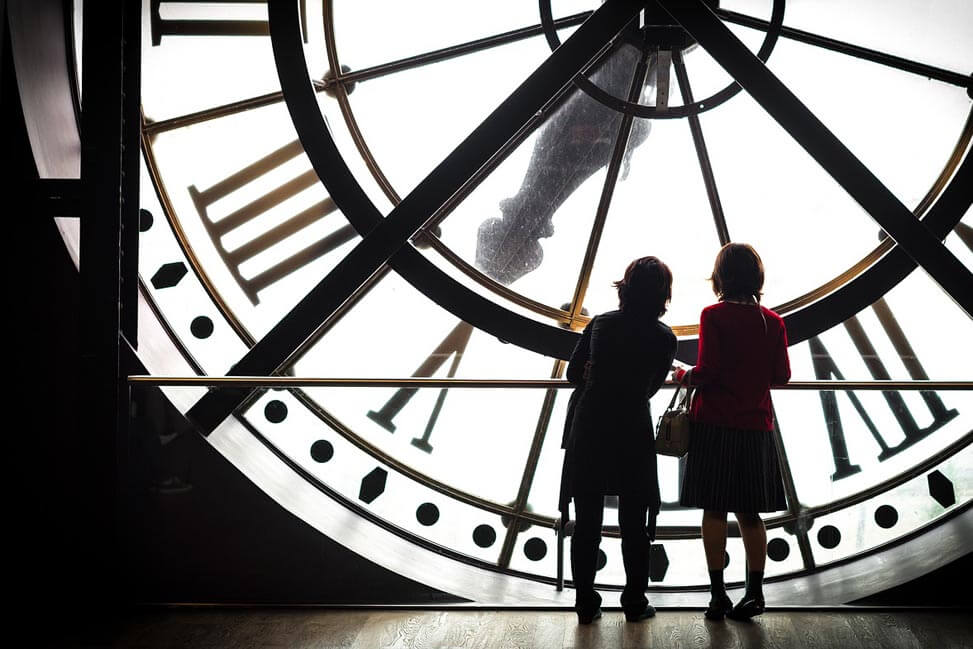In the rich tapestry of Chinese culture, numbers transcend their mathematical purpose, embodying deep-seated beliefs and ancient wisdom. Lucky numbers, believed to usher in prosperity and happiness, stand in stark contrast to their unlucky counterparts, which are thought to bring misfortune and sorrow. The intricate combinations of these numbers tell stories of fortune, while the Chinese zodiac infuses its own layer of numerical significance. The nuanced transition between simplified and traditional numbers adds yet another dimension. From daily life to major life events, discover where these numbers are embraced or avoided, offering a fascinating glimpse into their enduring impact on Chinese society.
The Lucky Numbers in China
In Chinese culture, numbers carry significant meanings due to their phonetic sounds and cultural associations. Among these, certain numbers are considered particularly auspicious and are sought after for various aspects of life, including business, personal life, and even in everyday choices such as phone numbers and addresses.
The Number 8
The number 8 (八, bā) is universally regarded as the luckiest number in China. This is primarily because its pronunciation is similar to the word for “prosperity” (发, fā). This phonetic resemblance to wealth and success means that the number 8 is associated with immense good fortune. As a result, it is highly valued in business and personal contexts, leading people to pay premiums for items like phone numbers and license plates that include the number 8.
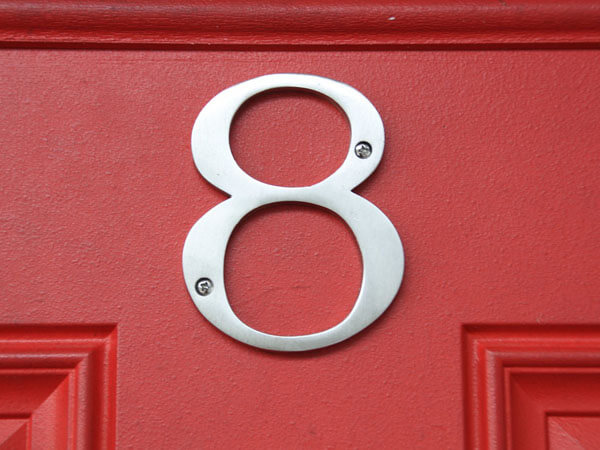
The Number 6
Similarly, the number 6 (六, liù) is considered very fortunate. Its pronunciation is close to the word “flow” (流, liú), suggesting smooth and unimpeded progress. This makes 6 a symbol of good luck, particularly in endeavors where seamless success is desired. It is commonly believed that the presence of the number 6 in various aspects of life and work will help ensure that everything proceeds without obstacles.
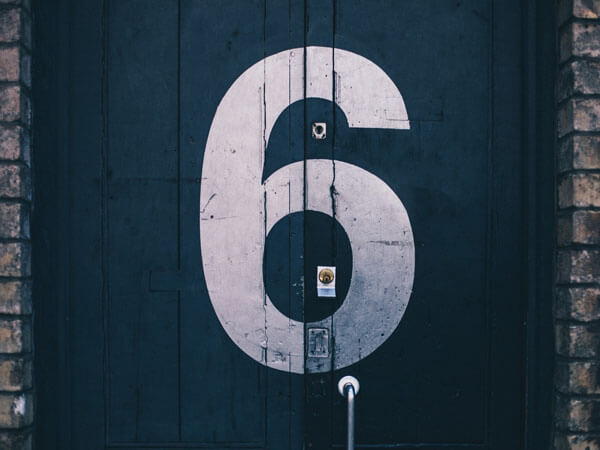
The Number 9
The number 9 (九, jiǔ) also holds a special place in Chinese culture due to its phonetic similarity to the word “long-lasting” (久, jiǔ). As such, it symbolizes longevity and eternity, making it an auspicious number in contexts related to health and relationships. The idea of endurance and permanence attached to the number 9 is highly prized, particularly in traditional and ceremonial contexts.
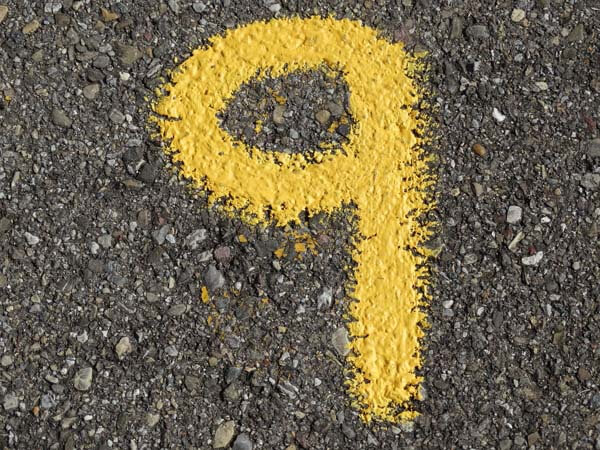
Other Significant Numbers
In addition to these highly auspicious numbers, others also carry positive connotations. The number 2 (二, èr), while not phonetically special, is associated with harmony and balance. The concept of pairing, as in couples or partnerships, is seen as very lucky in both personal and professional domains. Similarly, the number 3 (三, sān) is linked to growth and vitality, resonating with the word for “birth” (生, shēng). It represents positive development and is often connected to the life stages of birth, marriage, and death, encapsulating the cycle of life.
The number 5 (五, wǔ) stands out due to its association with the five elements (water, fire, wood, metal, earth) and their balance, which is a cornerstone of Chinese philosophy. The pronunciation of 5 resembles “five blessings” (五福, wǔ fú), symbolizing health, wealth, longevity, happiness, and prosperity. This holistic association makes the number 5 a symbol of comprehensive good fortune.
Unlucky Numbers in China
In Chinese culture, certain numbers are deemed unlucky due to cultural beliefs and linguistic associations, with each digit carrying its own set of connotations.
The Number 4
The number 4 is widely regarded as inauspicious because its pronunciation closely resembles the word for “death” (死, sǐ) in Mandarin. This phonetic resemblance creates a deeply ingrained fear of negative outcomes and mortality, leading to the avoidance of the number 4 in various aspects of daily life. From building construction to residential addresses, the absence of the number 4 is conspicuous, reflecting a collective desire to ward off misfortune.
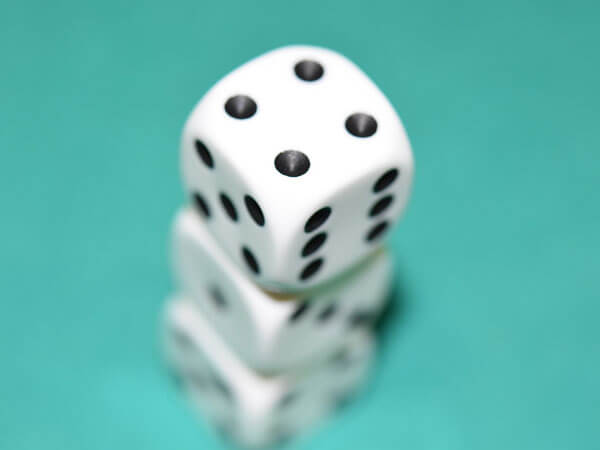
The Number 7
Similarly, the number 7 can evoke unease, particularly during the Ghost Month, the seventh lunar month, when it is associated with spirits and the deceased. While not universally considered unlucky, this association lends an air of ambiguity and trepidation to the number 7, especially during this period when the boundary between the living and the dead is believed to be blurred.
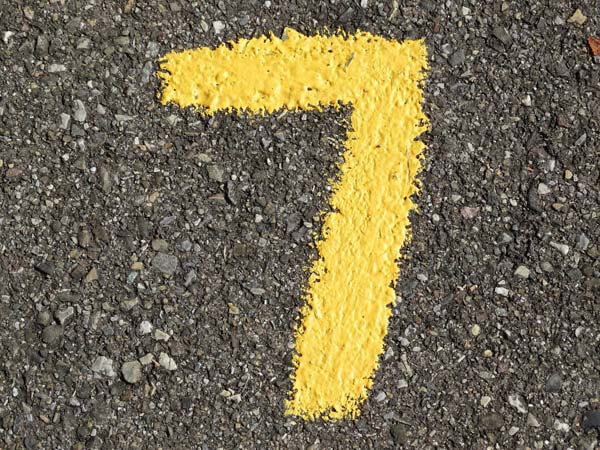
The Number 13
In addition to these, the number 13 also carries its own share of superstition, albeit to a lesser extent. Reflecting Western influences, the number 13 is sometimes regarded as unlucky in Chinese culture as well. Its reputation for bringing bad luck and misfortune leads to its avoidance in various contexts, although the extent of this aversion is not as pervasive as with numbers like 4 and 7.
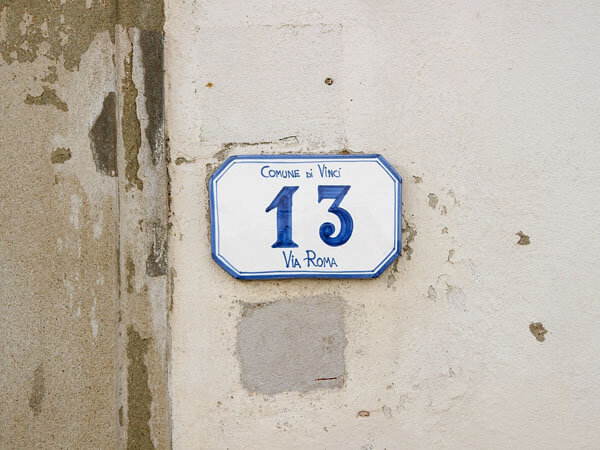
Chinese Numbers Combinations and Their Meanings
In Chinese culture, certain combinations of numbers are believed to carry auspicious meanings based on their pronunciation and cultural associations. These combinations are often sought after for various occasions, such as weddings, business ventures, and personal milestones. Here are some commonly considered lucky number combinations and their meanings:
- 888: This combination, consisting of three 8s, is highly regarded as extremely lucky due to the phonetic similarity between “8” (八, bā) and the word for “prosperity” (发, fā). Thus, “888” symbolizes triple prosperity and abundance, making it a popular choice for phone numbers, license plates, and special events.
- 168: Comprising “1,” which signifies uniqueness and new beginnings, “6,” representing smooth progress, and “8,” symbolizing prosperity, “168” conveys the idea of continuous prosperity and advancement in various aspects of life.
- 520: Pronounced as “wǔ èr líng” in Mandarin, “520” sounds similar to the phrase “我爱你” (wǒ ài nǐ), which means “I love you.” As a result, “520” has become associated with expressions of love and affection, making it a popular choice for anniversaries, proposals, and other romantic occasions.
- 1314: The combination of “1314” is considered lucky because “13” sounds like “must live” (必须活, bì xū huó), and “14” sounds like “will live” (一定活, yī dìng huó), conveying the sentiment of “must live together” and “will live together.” Therefore, “1314” is often used in weddings to symbolize eternal love and commitment.
- 8888: Similar to “888,” but with an extra “8,” this combination amplifies the auspiciousness of prosperity and abundance. It signifies endless wealth and success, making it highly sought after for business ventures, grand openings, and financial transactions.
- 666: While “6” is already considered lucky for its association with smooth progress, “666” triples this luck, suggesting continuous and uninterrupted success in endeavors.
- 999: Representing the notion of long-lasting and eternal, “999” is associated with longevity and good health. It conveys the idea of endless blessings and auspiciousness, making it a favored choice for celebrations and special occasions.
The Chinese Zodiac Lucky/Unlucky Numbers
Rat (鼠):
- Lucky Numbers: 2, 3
- Unlucky Numbers: 5, 9
Ox (牛):
- Lucky Numbers: 1, 4
- Unlucky Numbers: 3, 6
Tiger (虎):
- Lucky Numbers: 1, 3, 4
- Unlucky Numbers: 6, 7, 8
Rabbit (兔):
- Lucky Numbers: 3, 4, 6
- Unlucky Numbers: 1, 7, 8
Dragon (龙):
- Lucky Numbers: 1, 6, 7
- Unlucky Numbers: 3, 8
Snake (蛇):
- Lucky Numbers: 2, 8, 9
- Unlucky Numbers: 1, 6
Horse (马):
- Lucky Numbers: 2, 3, 7
- Unlucky Numbers: 1, 5
Goat (羊):
- Lucky Numbers: 2, 7, 8
- Unlucky Numbers: 3, 9
Monkey (猴):
- Lucky Numbers: 4, 9
- Unlucky Numbers: 2, 7
Rooster (鸡):
- Lucky Numbers: 5, 7, 8
- Unlucky Numbers: 1, 3
Dog (狗):
- Lucky Numbers: 3, 4, 9
- Unlucky Numbers: 1, 6
Pig (猪):
- Lucky Numbers: 2, 5, 8
- Unlucky Numbers: 1, 7
Simplified-to-Traditional Number Conversions
| 小写 | 大写 | English |
| 零/〇 (líng) | 零 (líng) | 0 |
| 一 (yī) | 壹 (yī) | 1 |
| 二 (èr) | 贰 / 两 (èr/ liǎng) | 2 |
| 三 (sān) | 叁 (sān) | 3 |
| 四 (sì) | 肆 (sì) | 4 |
| 五 (wǔ) | 伍 (wǔ) | 5 |
| 六 (liù) | 陆 (lù) | 6 |
| 七 (qī) | 柒 (qī) | 7 |
| 八 (bā) | 捌 (bā) | 8 |
| 九 (jiǔ) | 玖 (jiǔ) | 9 |
| 十 (shí) | 拾 (shí) | 10 |
| 百 (bǎi) | 佰 (bǎi) | 100 |
| 千 (qiān) | 仟 (qiān) | 1,000 |
| 万 (wàn) | 萬 (wàn) | 10,000 |
| 亿 (yì) | 億 (yì) | 100,000,000 |
Where Lucky and Unlucky Numbers are Found or Avoided in China
- Residential Addresses: In major cities like Beijing and Shanghai, it’s common to find apartment buildings with floor numbers containing multiple instances of the number 8, such as 1808 or 280 These addresses are highly sought after for their association with prosperity and good fortune. Conversely, addresses containing the number 4, like 1404 or 2404, may be less desirable. For instance, in Beijing, the luxury residential complex “Park View Wenhuiyuan” avoided using the number 4 in its building numbering system, opting for 3A, 3B, 3C, and so on, instead of
- Phone Numbers: Business owners often invest in phone numbers with auspicious combinations to attract customers. For example, in 2003, a mobile phone number in Hong Kong with the digits 9, 8, and 8 sold for a record-breaking HK$2 million (approximately US$280,000) due to its lucky combination. Additionally, in China, a phone number with consecutive 8s or ending in multiple 8s is considered highly desirable, with some individuals willing to pay a premium for such numbers.
- License Plates: In cities like Beijing, where license plates are issued through a lottery system, car owners may resort to creative means to acquire plates with lucky numbers. Some individuals hire consultants to help them select auspicious combinations, while others participate in auctions to secure plates with desirable digits. For example, in 2014, a license plate with the number “88888” was auctioned for over 5 million yuan (approximately US$240,000).
- Business Establishments: Many businesses incorporate lucky numbers into their names and branding to attract customers and enhance their image. For instance, a restaurant named “Lucky Eight Noodles” or a clothing store called “Fortune Fashion Boutique” may appeal to Chinese consumers due to the auspicious associations of their names. Similarly, companies may choose office locations with addresses containing lucky numbers to signify prosperity and success.
- Weddings and Celebrations: Couples often consult with fortune tellers or astrologers to select auspicious dates and times for their weddings. For example, dates with combinations of lucky numbers like 8 and 9 are highly favored for their associations with prosperity and longevity. Similarly, during the Lunar New Year, families decorate their homes with symbols of good luck and happiness, including red banners with auspicious phrases and images of the zodiac animals.
- Avoidance in Superstitions: Unlucky numbers like 4 are often avoided in important events and decisions to mitigate potential risks. For example, some hospitals and hotels skip the 4th floor altogether, labeling it as the 3A floor instead. Similarly, business negotiations and contracts may be scheduled to avoid dates containing unlucky numbers to ensure smooth proceedings and positive outcomes.
- Financial Transactions: In financial transactions, individuals may pay attention to lucky numbers when setting prices or making investments. For instance, a property developer may price a residential unit at 8,888,888 yuan to attract buyers seeking auspicious combinations. Similarly, stock traders may use lucky numbers as part of their investment strategies, believing that they bring good fortune and success in the markets.
In the tapestry of Chinese culture, where tradition intertwines with modernity, the significance of lucky and unlucky numbers continues to endure. As we unravel the mystique surrounding these numerical beliefs, we find not just superstition, but a reflection of the profound connection between past and present. Whether embraced for their auspicious charm or avoided for their ominous connotations, these numbers are woven into the fabric of everyday life, shaping decisions, rituals, and aspirations. Yet, amidst the complexities of belief and interpretation, one truth remains constant: the power of numbers to evoke hope, to inspire dreams, and to illuminate the path towards fortune or fate. As we bid farewell to this exploration of Lucky Numbers and Unlucky Numbers in China, let us carry with us the wisdom of tradition and the enchantment of possibility, knowing that in every digit lies a story waiting to be told, and in every belief, a journey waiting to unfold.
